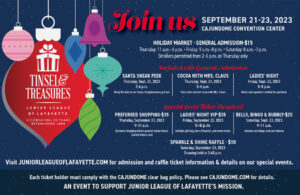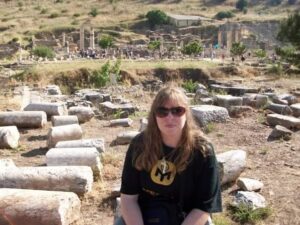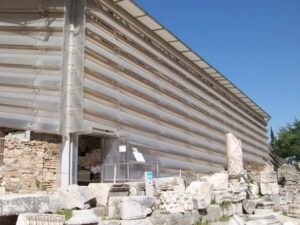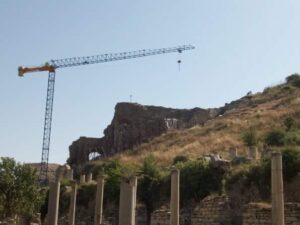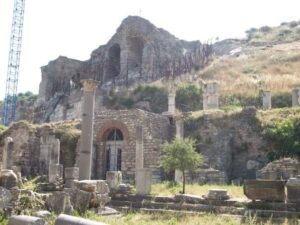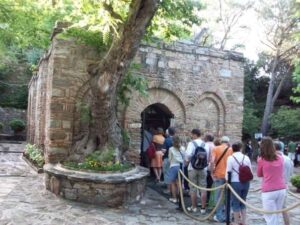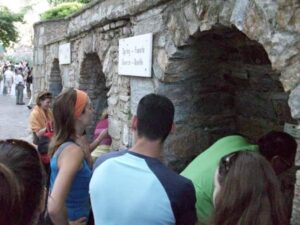Signing and Selling Books at Holiday Markets
“I’ve never met a holiday market I didn’t like.—Marissa Casciano
I am a storyteller, folksinger and songwriter, and the author of these three children’s picture books: Cajun ABC, Louisiana Animals ABC, and the Louisiana Night Before Christmas. Last week, I signed these books for several hours for three days. The event was Tinsel & Treasures, sponsored by the Junior League of Lafayette, held in the Cajun Dome, using the wonderful staff of volunteers. It is designed to help support the Leagues charities and causes. If you would like to learn more of this event, view the image below. HERE is the link for the event’s Facebook page.
My publisher (Pelican/Arcadia based in New Orleans) knows that the best time to sell books is the fall, the festive holiday season, so he made the decision to follow the money and attend the largest Holiday Markets in Louisiana, promoting the work of local Louisiana authors. Tinsel & Treasures was a very successful event for my publisher (and myself) and will be followed by Holidays in Baton Rouge (Oct. 18-21) at Cane River’s Center, and The Steinhauer Christmas Extravaganza, at the Lamar-Dixon Expo Center (Dec. 8-10).
These markets are well-advertised festive events, and I always see many happy faces in spite of overpriced food, concessions, and drinks. Though the shoppers must pay to attend, they are eager and excited to see the numerous vendors. Excellent security is provided. The crowds are large and the full parking lots indicate a high degree of interest. Holiday music and sometimes live entertainment create a nice mood. There are door prizes and silent auctions for the women who attend. (There are very few men seen). If you attend, you will see an endless stream of well-dressed women shopping with friends, expectant mothers shopping for their little ones, moms with newborn babies carried in baby-sling-wraps, and wide-eyed pre-school girls or toddlers holding their mother’s hands as they learn to shop. The crowds are so large that baby carriages are only allowed in a few windows of time and shoppers are required to use clear shopping bags.
Pelican/Arcadia is the only book publishing company I’ve seen at these holiday events, though I have seen a very few individual authors with booths. Usually there are four local authors each day for the Pelican booth, and usually they work a two-hour shift promoting and signing their books, and then leave to do their own shopping or to return home. I always work a full day when I sign, working steadily without pressure or gimmicks, relying on the quality of my books and my elevator speech to move shoppers to action. I always gather new contacts for my school Songs & Stories programs. The event generally has a hospitality room for authors and vendors to serve snacks, meals, coffee and other drinks, which can take the edge and pressure off the hard work of marketing books.
Yes, it’s very physically demanding to work a holiday market, and often quite a drive for me as the events are in South Louisiana and I live in North Louisiana. Yet, when each day of pitching and signing my books is over, I join the Pelican staff for a late supper, and retire bone weary to my hotel for a short night’s sleep, rising in the morning to a hotel breakfast and coffee, and push myself through the next day’s book signing. Trying to make it as a writer is sometimes a brutal experience, but as one famous writer said, “All serious daring starts from within.” —Eudora Welty, Pulitzer Prize winning author and Junior League of Jackson, Mississippi volunteer
